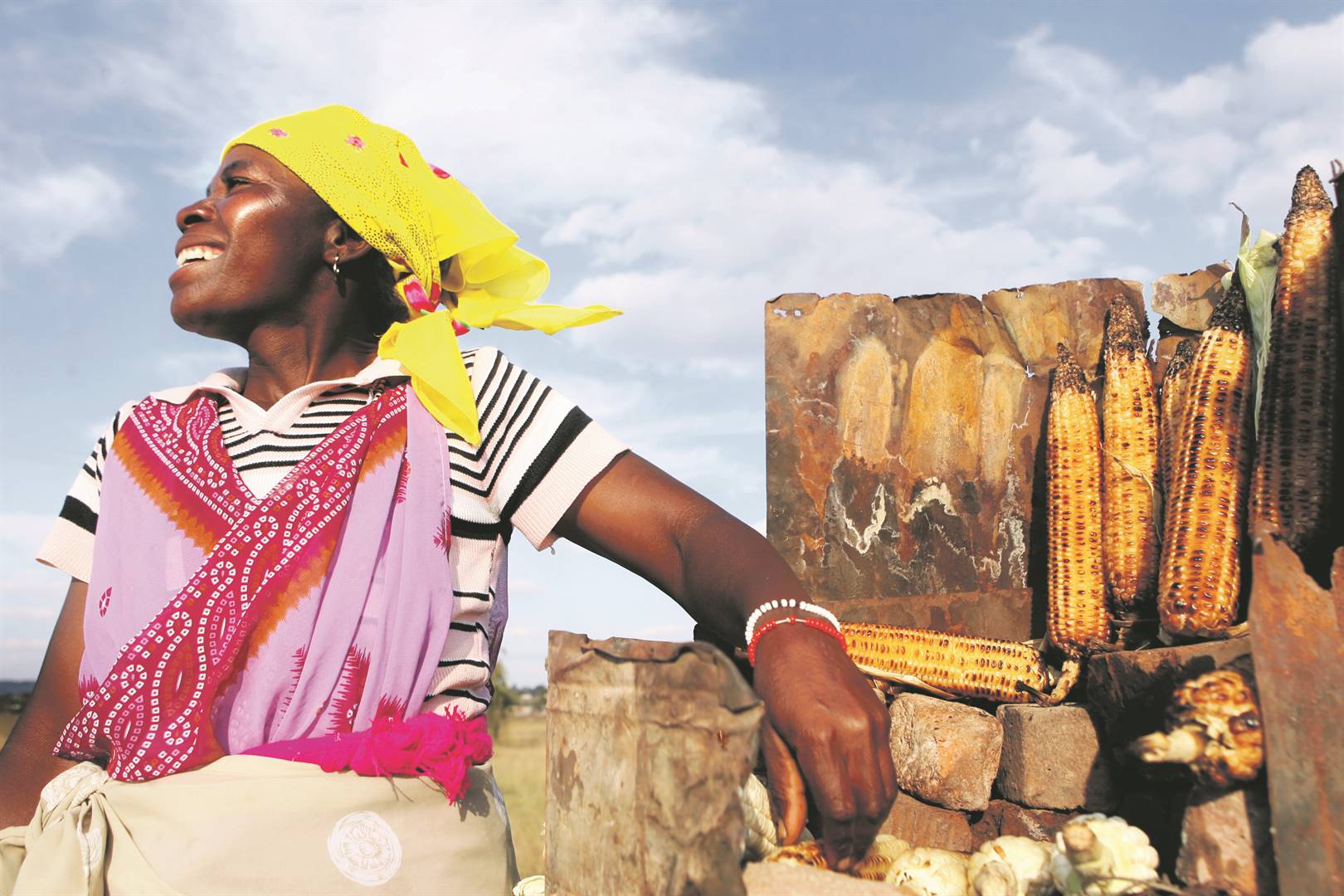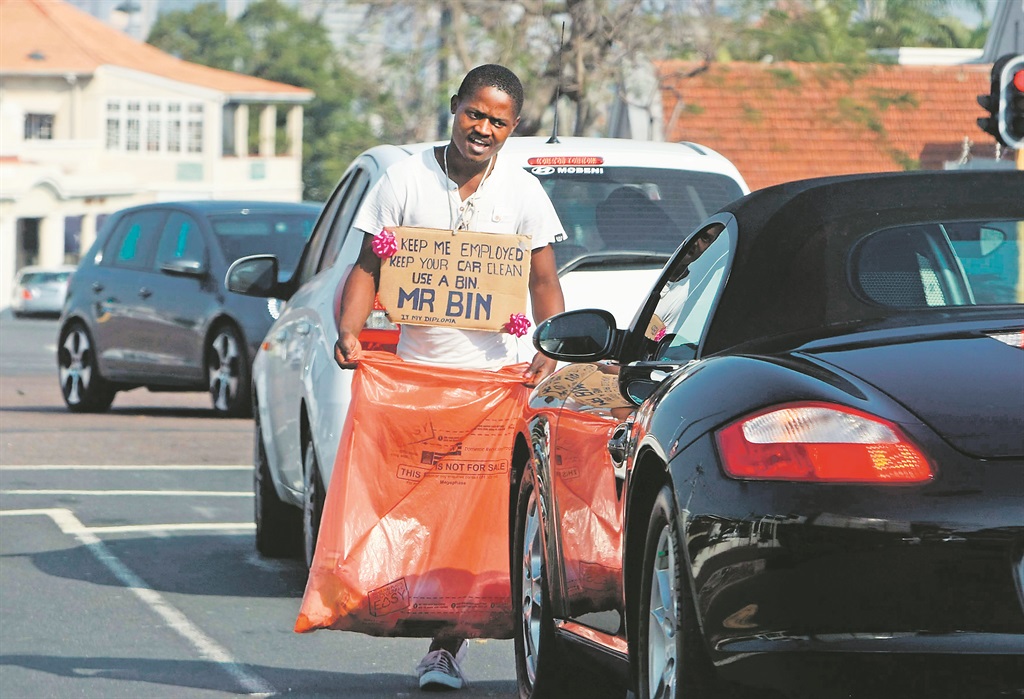
There is little doubt about the scale of economic inequality challenges faced by South Africa. To use the language of Risenga Maluleke, South Africa’s Statistician-General, they are monumental.
The raw facts should concern us all. South Africa is one of the most unequal countries in the world. The richest 10% of the population accounted for almost 54% of all income in 2015.
When other assets such as property, savings and investments are included, external research indicates that the richest 10% may own up to 95% of the total wealth.
Unfortunately, the country’s racially divisive, patriarchal history further amplifies the inequality situation. According to the latest data from 2015, while the average white household had an annual income of a little more than R163 000, the average black African household, which is often larger in size, survived on just over R25 000.
Read: Economic freedom in South Africa continues to stagnate
It should be noted that black African households saw an increase in real terms in their annual income, up from R17 000 in 2006, whereas a decrease in real terms happened in the white households from a 2006 figure of R183 000.
As far as gender is concerned, average earnings for women are about 30% less compared with their male counterparts.
The cliché “a rising tide raises all boats” needs modification.
While the average income for black African households showed this clear increase in real terms between 2006 and 2015, the data also show that the benefits of this rising average have been spread unevenly.
Indeed, within-group inequality among the black African population is actually worse today than in 2006.
Inequality is a growing economic phenomenon that has very real consequences, not just for South Africa, but the world in general. Addressing inequality is deeply rooted in South African policy, starting with the Reconstruction and Development Programme from 1994 and continuing through to the current National Development Plan which lists inequality reduction as one of its two fundamental objectives alongside poverty eradication. At a global level, the fight against inequality is best articulated in the UN Sustainable Development Goals (SDGs), specifically Goal 10.
Inequality matters because it can destroy social cohesion and distort economic and political power. Ask anyone participating in service delivery protests or a victim of the recent xenophobic attacks and a sense of unfairness through economic inequality is often a primary motivating factor.
But this country does have a significant advantage in terms of finding solutions. It has better data recording, sampling and statistical rigour than any country in Africa. While these data have been analysed before, we have just published – for the first time – an ambitious overview (or stocktaking report) that utilises a much wider range of data sets available since 2002.
Entitled Inequality Trends in South Africa, the report was a collaboration – facilitated by the African Centre of Excellence for Inequality Research – between Stats SA and economists from the Southern Africa Labour and Development Research Unit (Saldru) at the University of Cape Town and in partnership with the French Development Agency through a project funded by the EU. It is the first of several similar inequality trend reports planned for different African countries, starting with Kenya and Ghana where work has already begun.
Read: Herman Mashaba: We need a government which prioritises the pro-poor agenda
The South African team analysed data harvested from tens of thousands of local households from every province and across every social cohort. Much of these data, those produced by Stat SA and Saldru, are publicly available. In addition, the report also utilises other statistics generated by various government departments, including the SA Revenue Service.
The report details monetary inequality across income and expenditure, but includes non-monetary measures of education, health and other assets that households might have access to, and which can have a significant impact on quality of life. These assets include three standard services – piped water, toilet facilities and electricity – as well as 15 less common items such as a car, internet connectivity or a washing machine.
From 2009 to 2015, ownership levels of all but three of these assets increased notably in the country, with black African households showing the largest gains (although from a lower base and still below asset levels measured in non-black African households).
Furthermore, applying the Gini coefficient test – a statistical measure of the degree of variation represented in a set of values, used especially in analysing income inequality – shows that South Africa is a lot less unequal in terms of asset ownership than for household income/expenditure.
Using panel data from the National Income Dynamics Study, a more nuanced understanding emerged of what might be called “social churn”, the transition between social classes. One intriguing finding was that the proportion of the country defined as middle class – both actual and vulnerable – went up by almost a quarter between 2008 and 2017 from about 33% to just under 42%.
The picture presented by our findings is complex, so much so that we argue that the standard Gini coefficient should in future be complemented by deploying another statistical tool, the Palma ratio. This addition would enhance the country’s reporting on inequality for the SDGs and make South Africa the first country in sub-Saharan Africa to formally adopt the Palma ratio. This is the ratio of the richest 10% of the population’s share of gross national income divided by the poorest 40%’s share – as a standard indicator in the measurement of inequality.
All of us recognise the scale of the challenge posed by inequality. But as the adage goes, until you know how broken something is you cannot set about repairing it. All available data and tools should be used to help South Africa grapple this most monumental of challenges.
This ground-breaking report is a first step in an ambitious and ongoing strategy for meeting this challenge by workshopping, next year, the report’s findings with government and other stakeholders committed to finding new ways of tackling inequality to release the economic potential of South Africa fully.
Leibbrandt is the director of Saldru and the African Centre of Excellence for Inequality Research; David is the French Development Agency research officer for inequality, poverty and migration; and Ruch is the director for research and product development in the Poverty and Inequality Statistics division of Stats SA
 | ||||||||||||||||||||||||||
Get in touchCity Press | ||||||||||||||||||||||||||
| ||||||||||||||||||||||||||
| Rise above the clutter | Choose your news | City Press in your inbox | ||||||||||||||||||||||||||
| City Press is an agenda-setting South African news brand that publishes across platforms. Its flagship print edition is distributed on a Sunday. |




 Publications
Publications
 Partners
Partners









